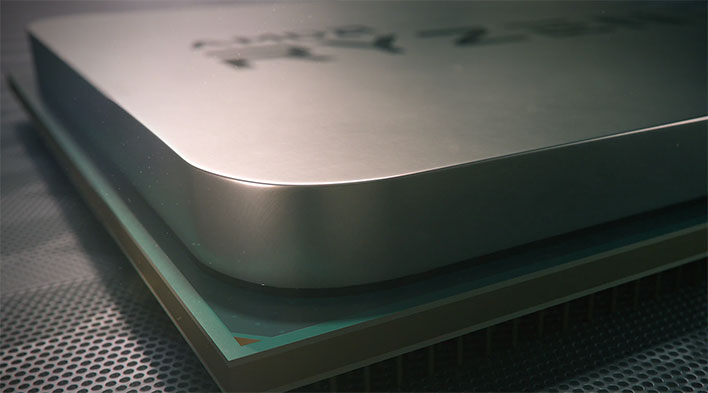AMD Ryzen 3000 Continues DIY Retail Sales Domination Over Intel

Another month is in the books, and for AMD, its sales lead over Intel at Mindfactory, one of the largest computer hardware retailers in Germany, remains strong. This has been the trend now for several months, dating back to July. Since releasing its third-generation Ryzen processors built on a 7 nanometer manufacturing process, Mindfactory has sold around four AMD CPUs for every Intel chip sold.
As always, we caution against reading too much into this—this is a single online retailer, albeit a major one, and unfortunately companies like Amazon and Newegg do not share this kind of data with the public. Nevertheless, Mindfactory's monthly data provides us with interesting snapshots that, on the flip side, should not be ignored either.
Click To Enlarge
A big hat tip goes out to Reddit user ingebor, who puts these graphs together, based on Mindfactory's sales data. As shown in the graph above, AMD has consistently sold more CPUs than Intel over the past year. However, the gap noticeably widened once AMD's newest generation 7nm CPUs hit the market.
Interestingly, availability of AMD's Ryzen 9 3900X doesn't seem to have impacted things much. Even though it has technically been available since July, supply constraints caused there to be a shortage, leading to inflated prices.
October represents a full month of actual availability for that CPU. Even still, Mindfactory actually notched a slight drop in AMD chip sales. Users who are in the market for a high-end mainstream desktop Ryzen processor might be waiting for the 16-core/32-thread Ryzen 9 3950X, which is due out this month (and yes, as crazy as it sounds, it is a mainstream SKU).
Click To Enlarge
Over half of the AMD processors sold in the month of October were Matisse (Ryzen 3000 series) chips, which made up three quarters of revenue from AMD silicon sales. For Intel, eight out of 10 processors sold at Mindfactory were Coffee Lake Refresh parts.
If we mash all the sales together, AMD's latest generation Ryzen processors accounted for 42 percent of sales and 54 percent of Mindfactory's CPU revenue, versus Coffee Lake Refresh at 17 percent and 23 percent, respectively.
We are sounding like a broken record at this point, but this kind of data underscores AMD's successful emergence back into the enthusiast community. The buzz surrounding AMD hardware has not been at this level since the Athlon 64 days. Just as importantly, AMD appears poised for long term success, with no major hiccups at the 7nm node and roadmaps that extend out to 5nm.



